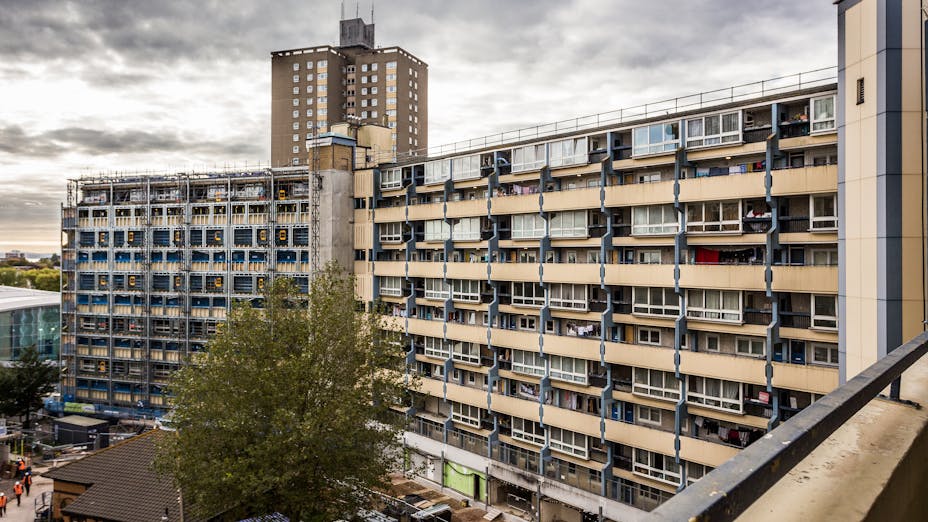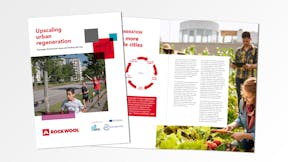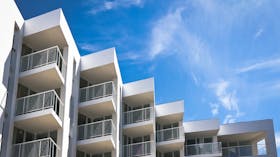Across the world, inequality exists in many societies. This has been highlighted by the COVID-19 pandemic in a number of ways, especially by the adverse conditions vulnerable communities face in their homes, now worsened by stay-at-home orders. Many families struggle to afford to heat their homes, leading to cold and damp environments that can cause long-term health problems. COVID-19 restrictions mean that people will spend more time than ever at home this winter, and this intensifies these issues.
Addressing inequality and social justice as part of the economic recovery
While governments discuss and debate what stimulus packages can provide the biggest benefits, social justice can also be addressed when economic recovery is designed to create better living places for vulnerable communities. The World Economic Forum (WEF) has already noted that economic recovery is the perfect vehicle to address societal inequality and improve the state of the world for millions of people.
Energy poverty is a major concern for societies around the world. In Europe, 34 million people struggle to cover their energy costs. The building and construction standards of the past did not consider energy efficiency as a priority and, along with poor building practices, have contributed to many families living in homes which are inefficient and expensive to heat. Many low-income households live in the worst-performing buildings – spaces that they are likely to be unable to heat to a healthy standard.
Using minimum energy performance standards to address inequality
In several EU Member States, Minimum Energy Performance Standards (MEPS) are now being used as one way to tackle energy poverty. Requiring improvements to the energy performance of buildings will ultimately reduce the costs of heating. France has adopted a set of progressive measures that include blocking rent increases in buildings with poor energy performance by 2021, banning renting buildings with poor energy performance from 2023, and mandating the renovation of the worst-performing buildings by 2028. In England and Wales, minimum energy efficiency standards have been introduced to ban landlords in the private rented sector leasing out a property with an energy efficiency rating below E. This rule will include all properties with energy ratings below C by 2028.
However, this is only one part of the solution. Most renovation projects provide limited energy-efficiency improvements, usually only saving as much as 17 percent of the primary energy consumption. Therefore, it will become crucial to set clear quality standards for the energy performance of renovation projects if they are to make a difference in alleviating energy poverty.

Making our cities more resilient
Urban resilience is a city’s ability to bounce back after experiencing hardship. Many of the world’s major cities are leading the fight against climate change, but increasing resilience goes further than just preparing for a natural disaster. We deep-dive into what resilience really means for cities!










